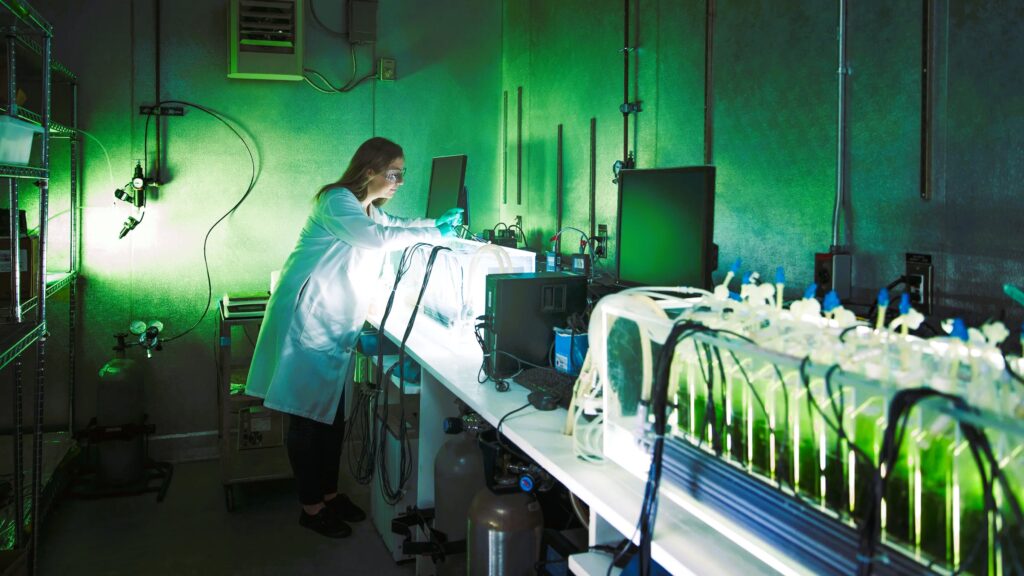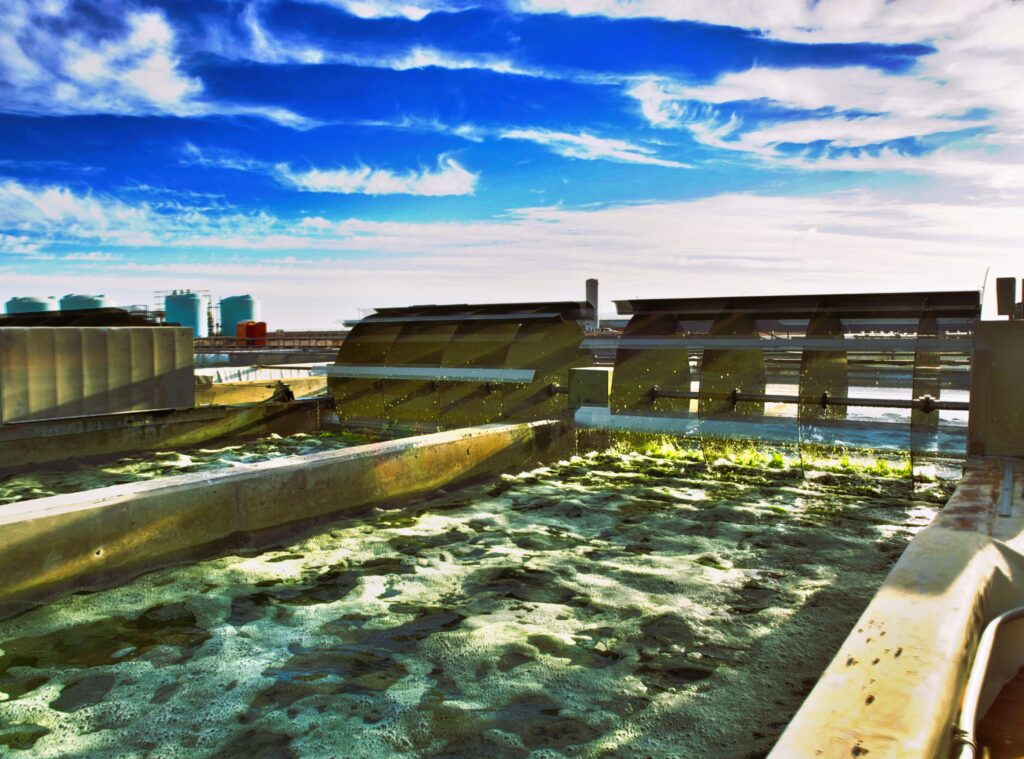In the vibrant city of Montreal, a group of pioneering scientists is pushing the boundaries of renewable energy with groundbreaking advancements in algae biofuel research. As the world grapples with the challenges of transitioning to sustainable energy sources, Montreal’s scientific community is leading the charge, harnessing the potential of algae to revolutionize the biofuel landscape. This article explores the innovative strides made by Montreal scientists, shedding light on the promising future of algae biofuel as a clean and efficient energy alternative.
Montreal has long been a hub of scientific innovation, and its latest venture into algae biofuel research is no exception. Algae, often overlooked, is emerging as a powerhouse in the quest for sustainable biofuels. The scientists in Montreal are at the forefront of this transformative journey, leveraging their expertise to unlock the full potential of algae-based energy solutions.
Understanding Algae Biofuel
Algae biofuel is derived from the oils produced by various types of algae through photosynthesis. Unlike traditional biofuels such as corn-based ethanol, algae biofuel offers several advantages, including higher energy yields, reduced land use, and the potential to thrive in diverse environments. Montreal scientists are focusing their efforts on optimizing the cultivation and extraction processes to make algae biofuel a viable and scalable alternative to fossil fuels.
For an in-depth exploration of algae biofuel and related standards, visit Wikipedia.
Montreal’s Algae Biofuel Research Center

Central to Montreal’s advancements in algae biofuel is the establishment of a dedicated research center. This facility serves as a collaborative space where scientists from various disciplines converge to explore the intricacies of algae cultivation, oil extraction, and biofuel production. The research center’s multidisciplinary approach fosters innovation and accelerates the development of sustainable and economically viable algae biofuel technologies.
Optimizing Algae Cultivation Techniques
The key to successful algae biofuel production lies in optimizing the cultivation of algae strains. Montreal scientists are experimenting with various cultivation techniques, including open pond systems, closed photobioreactors, and hybrid approaches. By fine-tuning factors such as nutrient supply, light exposure, and temperature, researchers aim to maximize algae growth rates and oil content, ensuring a robust and efficient biofuel feedstock. McMaster students are concerned about living conditions, what is it like, more details here.
Enhancing Algae Oil Extraction Methods
Once algae have reached optimal oil content, the challenge lies in extracting the oils efficiently. Traditional extraction methods can be energy-intensive and economically impractical on a large scale. Montreal scientists are exploring novel extraction techniques, including ultrasound-assisted extraction, mechanical cell disruption, and environmentally friendly solvent-based methods. These approaches aim to streamline the extraction process while minimizing energy inputs and environmental impact.
Algae Biofuel as a Carbon-Neutral Energy Source
One of the most promising aspects of algae biofuel is its potential to be a carbon-neutral energy source. Algae absorb carbon dioxide (CO2) during photosynthesis, offsetting the carbon emissions produced when the biofuel is burned for energy. Montreal’s research initiatives emphasize the importance of algae biofuel not only as a renewable energy alternative but also as a tool for mitigating greenhouse gas emissions and combating climate change.
Collaborations with Industry Partners
Montreal scientists recognize the importance of translating their research findings into real-world applications. Collaborations with industry partners, including biofuel producers, energy companies, and environmental organizations, facilitate the transition of algae biofuel technologies from the laboratory to the marketplace. These partnerships help bridge the gap between scientific innovation and practical implementation, accelerating the adoption of algae biofuels on a global scale.
Challenges and Future Outlook

While Montreal’s scientists have achieved significant milestones, challenges persist in the widespread adoption of algae biofuels. Economic viability, scalability, and competition with established energy sources are factors that demand ongoing attention. Montreal’s scientific community remains optimistic, driven by the belief that continued research and innovation will overcome these challenges, paving the way for algae biofuels to become a mainstream contributor to the global energy landscape.
Conclusion: Montreal’s Algae Biofuel Odyssey
Montreal’s scientists are navigating uncharted waters in their quest to harness the potential of algae biofuels. Their groundbreaking advancements underscore the city’s commitment to shaping a sustainable and resilient energy future. As the world witnesses the transformative impact of algae biofuel research, Montreal stands as a beacon of innovation, inspiring global efforts to transition towards cleaner and more sustainable energy alternatives.
The journey of Montreal’s scientists into the realms of algae biofuel is an exciting chapter in the broader narrative of renewable energy exploration. Through collaboration, research, and a commitment to environmental stewardship, Montreal is making significant strides towards a future where algae biofuels play a central role in meeting the world’s energy needs.
